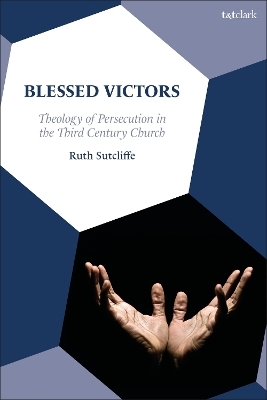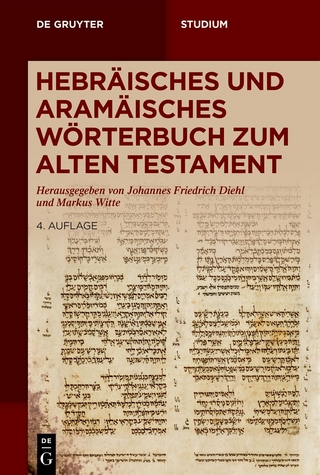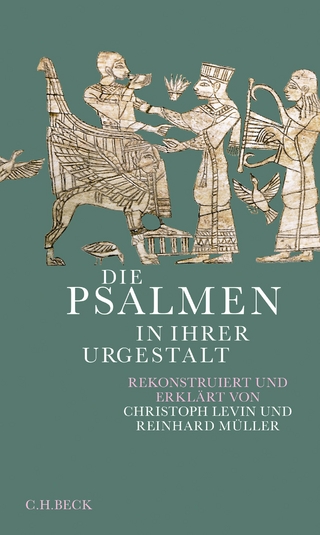
Blessed Victors
Theology of Persecution in the Third Century Church
Seiten
2024
T.& T.Clark Ltd (Verlag)
978-0-567-71074-1 (ISBN)
T.& T.Clark Ltd (Verlag)
978-0-567-71074-1 (ISBN)
The late second through third centuries saw the remarkable confluence of the early church’s developing identity, theological understanding and praxis, with a period of opposition and intermittent persecution from the world around it. Theology necessarily engaged with the persecution experience, as the church considered the goodness and providence of God, the Name to be confessed and the purposeful outcome of the antagonism they faced. Ruth Sutcliffe argues that the early fathers’ theological understanding of the role of persecution in the Christian life informed their exhortations to individual and communal response, contributing to the church’s remarkable survival and growth through this period.
Four great thinkers of this era — Clement and Origen of Alexandria and Tertullian and Cyprian of Carthage — each have much to contribute to a theological understanding of Christian persecution, and Sutcliffe explores their widely different perspectives, intellectual milieu and experiences. She explains these differences and similarities in terms of their use of the Scriptures, in conversation with their own contexts and agendas; concluding that their differences in approach to persecution can be explained theologically, and that these differences offer a unique window into their respective thought. Despite such differences, Sutcliffe stresses that the early church did have a fundamentally coherent “theology of persecution” which speaks to the worldwide church today.
Four great thinkers of this era — Clement and Origen of Alexandria and Tertullian and Cyprian of Carthage — each have much to contribute to a theological understanding of Christian persecution, and Sutcliffe explores their widely different perspectives, intellectual milieu and experiences. She explains these differences and similarities in terms of their use of the Scriptures, in conversation with their own contexts and agendas; concluding that their differences in approach to persecution can be explained theologically, and that these differences offer a unique window into their respective thought. Despite such differences, Sutcliffe stresses that the early church did have a fundamentally coherent “theology of persecution” which speaks to the worldwide church today.
Ruth Sutcliffe holds a PhD in historical theology. She teaches theology and church history part time, including in the Majority World as a field partner with Theologians without Borders and a short term worker with CMS Australia. She is a 2023 Senior Fellow with Anglican Deaconess Ministries.
Preface
Acknowledgments
Abbreviations
Introduction
Chapter 1: Clement of Alexandria: Progression to Perfection
Chapter 2: Origen of Alexandria: Purposeful Persecution
Chapter 3: Tertullian of Carthage: Pedantic Polemicist
Chapter 4: Cyprian of Carthage: Pragmatic Pastor
Chapter 5: Summa Diogmologica
Bibliography
Index
| Erscheinungsdatum | 06.08.2024 |
|---|---|
| Verlagsort | Edinburgh |
| Sprache | englisch |
| Maße | 156 x 234 mm |
| Themenwelt | Religion / Theologie ► Christentum ► Bibelausgaben / Bibelkommentare |
| Religion / Theologie ► Christentum ► Kirchengeschichte | |
| ISBN-10 | 0-567-71074-2 / 0567710742 |
| ISBN-13 | 978-0-567-71074-1 / 9780567710741 |
| Zustand | Neuware |
| Haben Sie eine Frage zum Produkt? |
Mehr entdecken
aus dem Bereich
aus dem Bereich
Buch | Softcover (2021)
De Gruyter (Verlag)
29,95 €
wie wir uns unsere spirituelle Heimat zurückholen
Buch | Hardcover (2024)
Patmos Verlag
20,00 €


